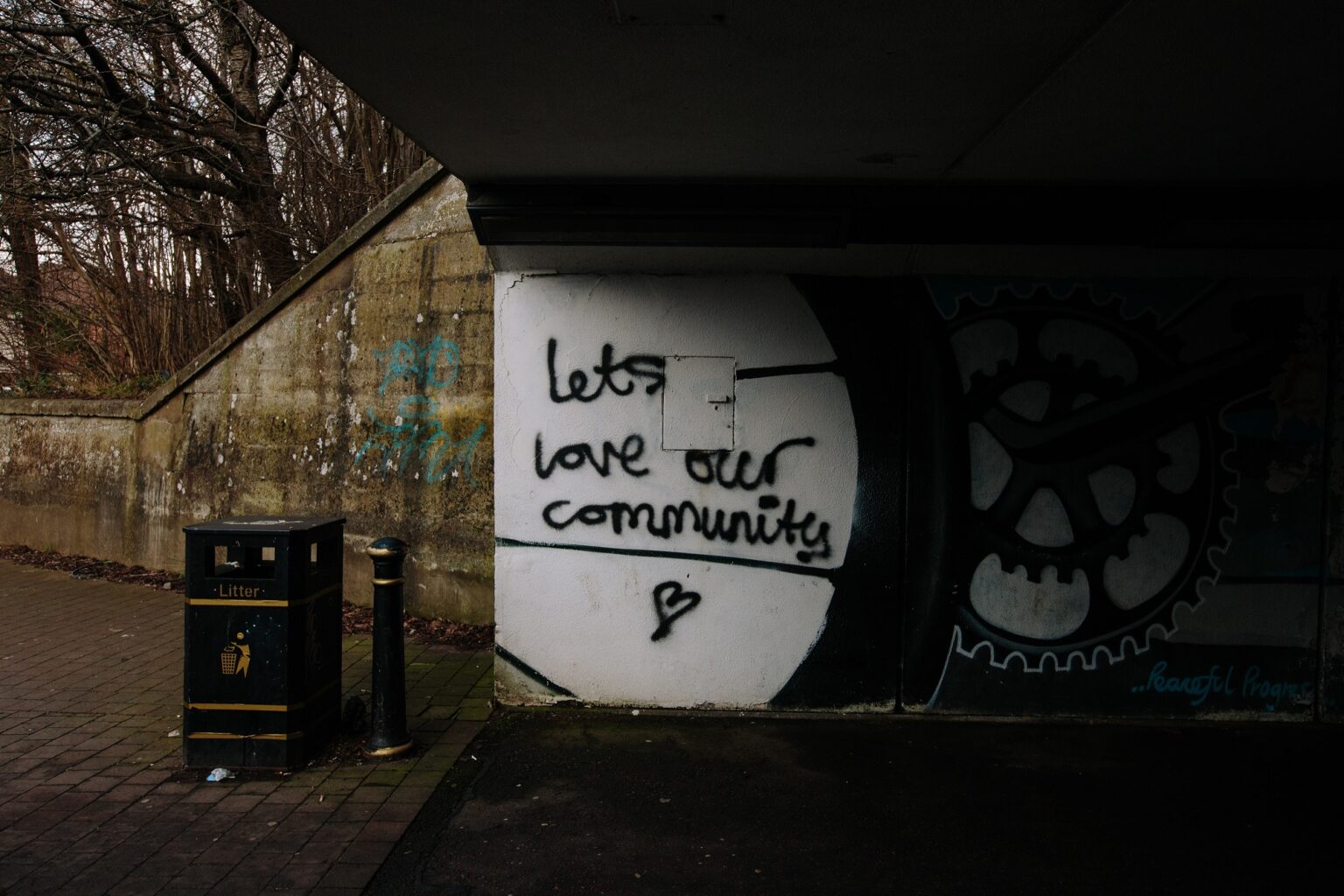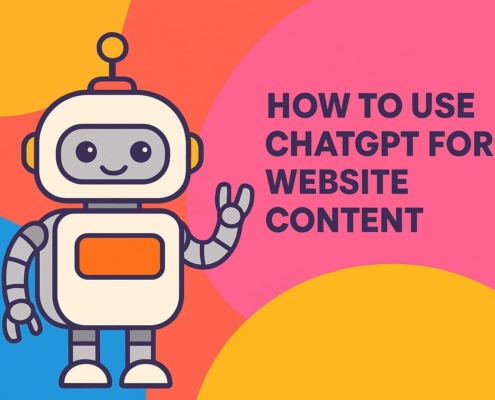After 12 + years of daily social media usage, not just for my own interest but as part of my job as a digital marketer, I have watched many patterns form, trends emerge and pile-ons commence.
Most particularly on Twitter. I am sure just as much pile-on type activity occurs on Facebook, but I have curated my content/feeds on that platform massively so I am not part of groups where that kind of action occurs, and of course Facebook page and group managers have the ability to delete or hide the most unsavoury comments, whereas Twitter does not.
Being able to block twitterers from being seen in your personal account doesn’t make them disappear from the platform, unlike removing comments from a Facebook business page or group.
I have been giving some thought to the elements/features that make Twitter so prone to polarising opinions and creating factions, particularly in the context of the old online forums and message boards that I engaged in happily.
Outlining what I consider to be the faults of Twitter is actually a separate post, but in this post I want to focus mainly on how we can grow healthy, supportive, educational online communities that deliver more of that potential many of us have seen in the internet around keeping people connected with each other, sharing relevant and in some cases vital information, discovering new things about the world and the people in it and so on.
So what are the things that make a good online community?
- Clear rules of engagement outlined from the start and reinforced by group members and admins. In a forum setting, these are normally pinned as the top post or thread so they can be easily referred to at any time and newbies can find them when they arrive.
- Searchable content that is organised into logical categories, topics and threads. This is something that Facebook Groups fail badly to do, especially as the group gets larger. FB have added things like topic tags (although you can only add one tag per post), Units (if you set up a learning group rather than other group types) and Announcements, but other than this you are reliant on a not very effective group search.Being able to determine categories, topics and then easily find threads under those divisions makes it a lot easier to find and participate in content that is relevant to you, and reduces the number of repeated questions that new arrivals inevitably will ask.
- Moderation is key. Being able to control the quality and tone of content within a community is essential to it being a safe and healthy place for people to communicate with each other.Unfettered shitposting and spam posting is the bane of any online community. “Don’t feed the trolls” was the motto of many communities, but equally, the ability for admins to block or ban troll accounts is also critical to effectiveness.Having a team of admins/moderators who have a strong sense of what the community values are and the goals of the forum is super important too, and they need to have a way to easily discuss with each other any issues that arise and the best steps to address.
- Multi timezone admin is also important – if you have a global community, then you need to have moderators in different timezones so that nothing blows up overnight while the mods are asleep.
- Actively encouraging engagement and curating the kind of content your members signed up for is also key to success.If your group is designed to provide thought leadership or current thinking on specific topics, ensure that you are regularly sharing or inviting others to share the latest relevant content to the group, and inviting discussion.
- No limits on the length of posts is a real benefit of being outside the social media channels and provides the opportunity to post more in depth and thoughtful content, not the cut down 280 character content required by places like Twitter.I believe that character limits are one of the most destructive features of social channels – conditioning us to reduce our attention span, and making it impossible to communicate with any degree of nuance, unless you create long multi-post threads to get your point across appropriately.
- Remembering that online groups are not democracies and inappropriate posts, comments or content can and should be deleted if they break your group rules.This is especially the case if your group is free to members. If they are subscribers, then more interaction with posters of rule-breaking content is required in the form of warnings as to why content has been removed.But it is very freeing to not have to participate in any illusion of ‘free speech’ when such content is inappropriate or damaging to the group.
And there will be plenty more to come. I am currently in the process of setting up a new online community for a client using a modern forum platform – if you would like to explore something similar for your organisation, let us know.
 https://happymonday.co.nz/wp-content/uploads/2025/05/facebook-for-business.jpg
1277
1920
Karen
https://happymonday.co.nz/wp-content/uploads/2021/04/[email protected]
Karen2025-05-27 18:34:292025-12-03 12:07:42Why organisations are saying goodbye to Facebook Groups
https://happymonday.co.nz/wp-content/uploads/2025/05/facebook-for-business.jpg
1277
1920
Karen
https://happymonday.co.nz/wp-content/uploads/2021/04/[email protected]
Karen2025-05-27 18:34:292025-12-03 12:07:42Why organisations are saying goodbye to Facebook Groups![]()
![]()





